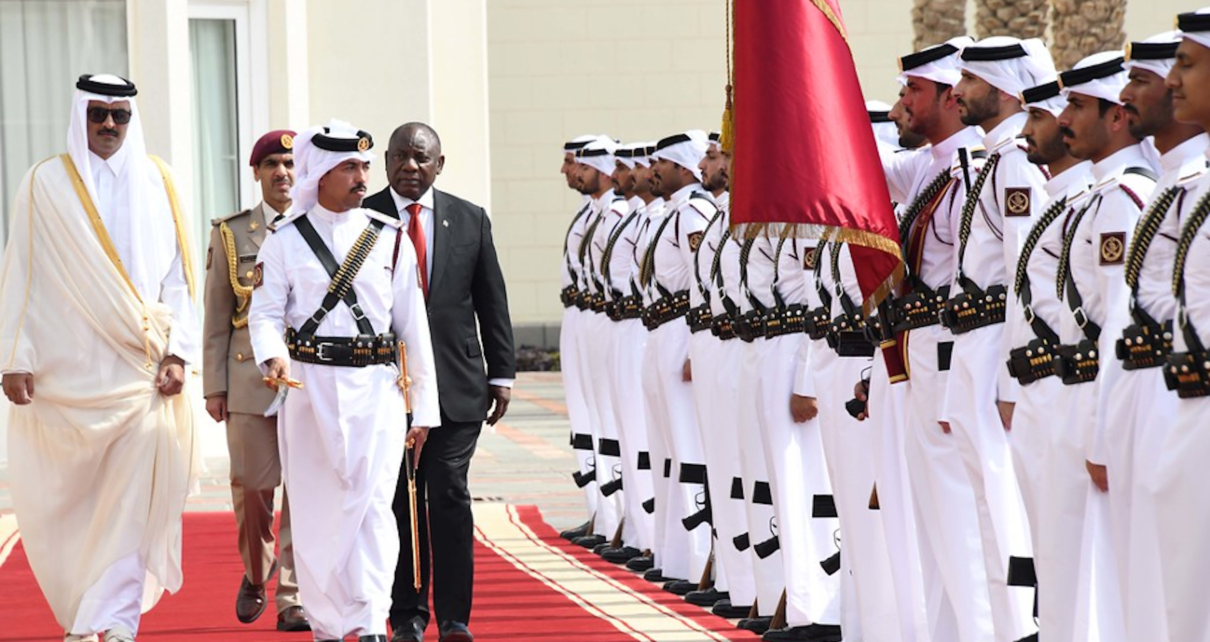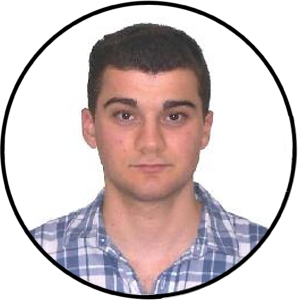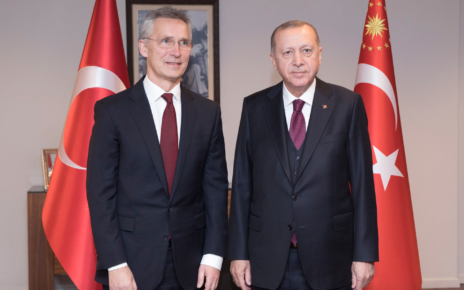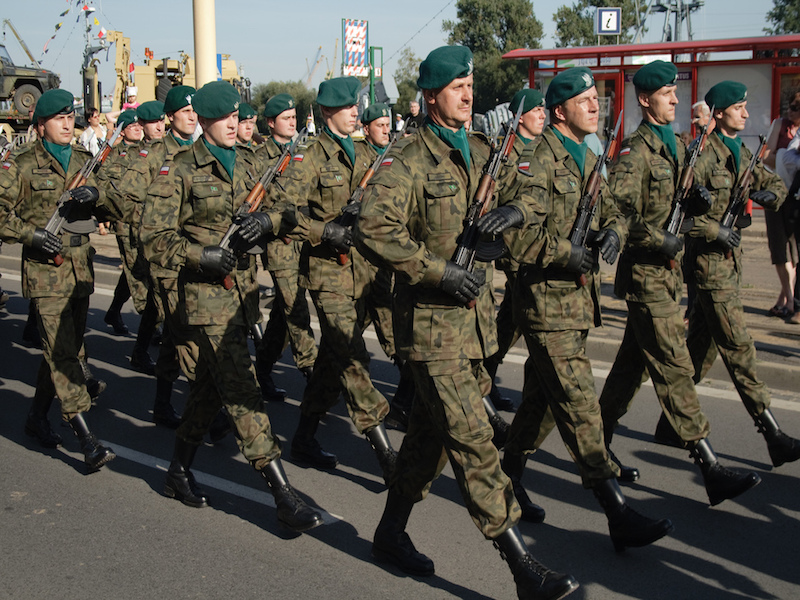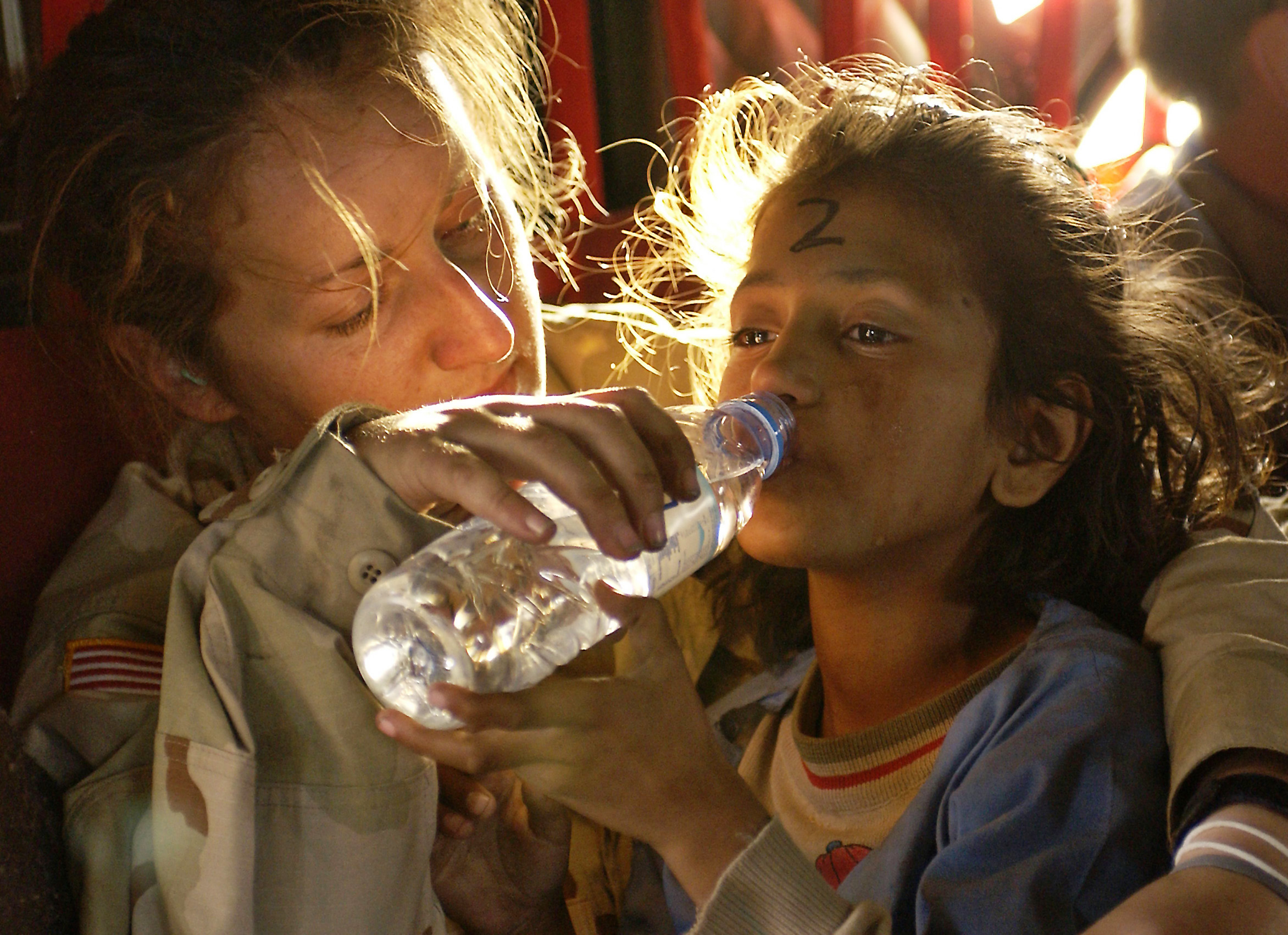This past spring, encampments began mushrooming on North American university campuses as part of a demand that the universities divest from all association with Israel. Most participants subscribed to some form of the ideology that both pushes the inaccurate notion that Israel is committing “genocide” against Palestinians and opposes Israel’s very existence. These are core articles of faith in “critical theory” and “postcolonial studies” that are taught in these institutions. “Critical theory” refers to theories in the Marxist tradition that define an oppressive entity and seek to emancipate a subject from it. “Postcolonial studies” essentially refers to studying the experiences of colonized peoples and nations’ interaction with European powers, “from the perspective of the colonized”. While there is nothing inherently wrong with these aims, programs informed by these ideologies are often funded by foreign actors whose interests are hostile to Western ones, making them a security challenge to the West. Personal disclosure: I approach this from the perspective and experience of a kippah (yarmulke)-wearing political science student at the University of Toronto.
I experienced the encampments as an escalation of a disturbing trend. Well before the latest violence in the Middle East, I have frequently been accosted and harassed in public while wearing my kippah by people shouting “Free Palestine” and “Take that sh*t off.” Like all Jewish Torontonians, I have seen the increasing threats and attacks against Jewish schools and community centers. There is no reason for attacks against Canadian Jews to be treated any differently than racist attacks against any other minority. However, critical theory and postcolonial studies have helped to foster an intellectual climate in which Jews, especially those who identify as Zionists, are singled out for persecution. It is worth noting the people who verbally abuse me upon seeing my kippah do not know if I support Zionism or not.
Examining the financial support that “postcolonial studies” generates will shed light on why so many Western governments are reluctant to act against it. Since 2001, Qatar has funded $4.7 billion USD to universities in the USA. The donors generally donate to certain programs, such as Political Science, International Relations, Journalism, and Middle Eastern Studies. It is precisely these programs that most embrace the “critical theory” ideology. A study by the Institute for the Study of Global Antisemitism finds a strong correlation between the increase of Qatari funds to university campuses and reported incidents of both antisemitism and general anti-liberal behavior, with strong causal mechanisms.
Clearly, the government of Qatar, led by oil billionaires, does not also support the Marxist abolition of individual wealth and private property. Why then do they fund this ideology? Qatar’s government is both involved in and allies itself with forces in the Middle East and internationally that are hostile to Western interests. Its government defines one of its missions as promoting and advancing Islam in the West and the power of “Islamic” political movements in the Middle East. Promoting ideologies like critical theory and postcolonial studies, which are designed to prevent Western societies from fighting for their strategic interests abroad, and that even lead to explicit skepticism of their fundamental reasons for existing, is a means for Qatar to advance its own geo-political interests.
In an interview available to the public, Anthony Alessandri, a prominent professor at CUNY in English and Middle Eastern Studies, hammered home two points when explaining what he teaches: that the existence of Western nations is an inherently colonial project, and that colonialism is a daily act of violence against the “subaltern” groups it oppresses. Alessandri’s corollary argument is that any act of violence designed to defeat the “colonial system” is justified. This line of thinking ignores the often gratuitous nature of the violence against civilian communities, including rape, torture, and murder, which ideologies like this so often unleash. It also supersedes the moral aversion to these horrors and works to neutralize feelings of empathy for the victims. Professor Alessandri explicitly denounced both abstention from violence and thought leaders who advocate this as deliberately perpetuating systems of colonial oppression.
Since October 7, this ideological framework has been continuously used to justify Hamas’ terror attacks. Two particularly noteworthy examples from universities are a letter published by the Harvard Student Union, 48 hours after the attack, declaring Israel “entirely responsible,” and an editorial published on October 15, 2023, in the U of T Varsity, calling the massacre a “retaliation against the oppressor”.
This ideology is antithetical to the liberal and deliberative democratic principles of Western societies, which Western education systems are designed to both model and teach. The very logic of this “postcolonial critique” depicts its opponents, and even interlocutors who raise questions about any part of it, as defenders of the violent “colonial system” who must be eliminated at.
The “critical theory” intellectual paradigm is also riddled with historical misrepresentations, sweeping generalizations, and logical inconsistencies. Numerous scholars reject the “one size fits all” paradigm of viewing all social phenomena through the lens of the categories of “the oppressors” and “the oppressed.” Many others have pointed to misleading historical accounts, weak and tendentious definitions, and an endemic reliance on unscientific methods. “Postcolonial studies” inaccurately posits colonization and colonialism as an entirely unified historical program that repeats the same mechanisms and outcomes everywhere. It ignores, or at least fails to rigorously critique, non-Western colonialism.
At the core of this ideology is the misuse of its foundational constructs of “race” and “racialization”. “Critical theories” only consider “racialization” to be relevant when it refers to consciousness among a group they define as the “colonizer” (i.e., oppressor) targeting the group they either define as “oppressed” or “powerless”. This intellectual mechanism defines Zionism (achieving a national homeland for Jewish people in their historic homeland of Israel) as “racialization,” but attaches no such label to the widely-supported project of some Palestinian advocates for the elimination of the Israeli presence “from the river to the sea.”
Young people indoctrinated into supporting the premises of postcolonial theory are unable to engage in genuine critical thinking or form their own opinions separate from dominant teachings. Their understanding of history and contemporary events is often distorted and co-opted by an ideology hostile to the political context these young people seek to work in. This effectively produces an intellectual faith among Western populations positing that Western policy interests are evil and violence against the West is justified. Free debate in the West about both its own history, morality and its interests abroad is necessary. However, Western societies have an obligation to resist foreign actors hijacking this space for ideologies that reject their core values of freedom, dissent, and difference, even if Western societies have frequently failed to live up to those values.
The damage these ideologies do is not exclusive to the principles of pluralism, free debate, and democracy. The aim of deconstruction, or “decolonization” of Israel is a beginning, not an end. Those who advocate the destruction of Israel as the first step in a process of destroying the “colonial nation” wish to implement a similar program in Canada, too, advocating a “land back” slogan that is eerily similar to “from the river to the sea.” If one thinks this is far-fetched, they need only read the York University students’ union statement following October 7 which both justified the Hamas attack on Israeli “settlers”, but implied that Canada and other states friendly to Israel were part of the same colonizing enterprise, deserving of the same fate. Fighting back against this ideology in Western institutions is, fundamentally, a fight for both the existence and character of Canada.
Photo: Cyril Ramaphosa (President of South Africa) at Amiri Diwani Palace, Doha, Qatar, welcomed by Sheikh Hamim bin Hamad al Thani, Emir of Qatar. (2023). By GovernmentZA via Flickr. Licensed under CC 2.0.
Disclaimer: Any views or opinions expressed in articles are solely those of the authors and do not necessarily represent the views of the NATO Association of Canada.

